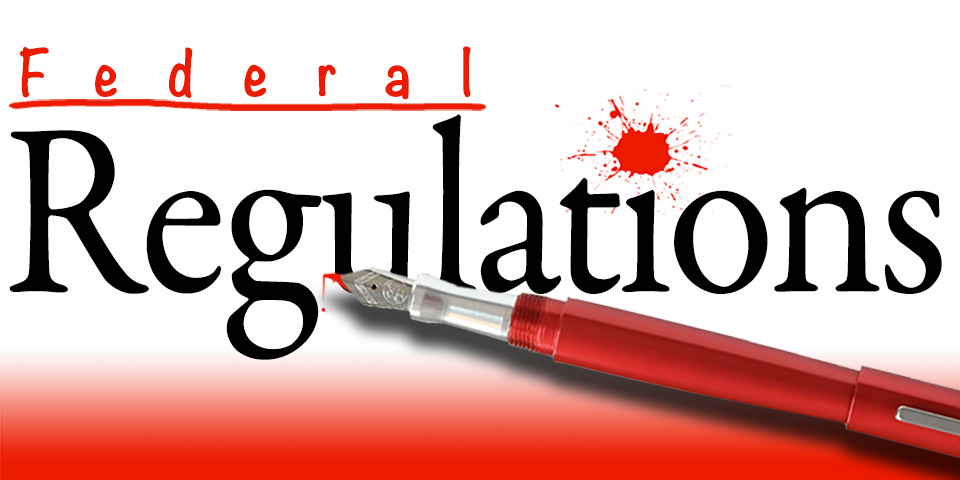Motorcoach industry unites behind landmark legislation

WASHINGTON – A Pennsylvania congressman has introduced a landmark bill designed to roll back burdensome federal regulations on the bus and motorcoach industry that officials say amount to “regulatory overreach.”
Rep. Scott Perry, R-Pa., introduced HR 2120 on April 25, one day before more than 70 United Motorcoach Association members attended the annual Capitol Hill Days “fly-in” to meet with their representatives and express their support for the bill.
“This is likely the most important legislation for the passenger carrier industry since economic deregulation in 1982,” said Ken Presley, UMA’s vice president of industry relations and COO.

“The industry paid a heavy price when FMCSA implemented more regulations and heavy-handed enforcement just to snag a few ‘rogue’ operators,” Presley said. “Ultimately, there was a tipping point, and UMA members are consistently saying ‘We’ve had enough!’”
The bill targets several regulations proposed or enacted by the Federal Motor Carrier Safety Administration, the National Highway Traffic Safety Administration and the Federal Transit Administration.
Industry advocates say HR 2120 — named Buses United for Safety, Regulatory Reform and Enhanced Growth for the 21st Century (BUSREGS-21) — is an attempt at comprehensive regulatory reform.
The goal is improving safety while relaxing unnecessary regulations in a way that will spark investment, growth and expansion in an industry that has contracted in recent years.
While federal highway and transit regulations have been streamlined over the past 20 years, those changes largely have overlooked necessary reforms for the private bus and motorcoach industry.
Advocates say that despite over-regulation of the industry by federal agencies, there has been no detectable improvement in fatality rates. At the same time, the motorcoach industry has experienced a sharp decline in total companies, number of vehicles, passenger trips and likely communities served during the past decade.
“I saw our business grow after the 1982 deregulation bill,” Presley told a group of UMA members during fly-in. “There are currently not enough new entrants. They create the new markets for our industry.”
Backers of the bill acknowledge that it might not make it all the way through the process in its current form, but they are confident that major provisions will be included in some legislation, possibly the infrastructure plan that Congress is expected to consider this summer.
Highlights of the legislation include:
- Modernize and streamline federal motor carrier safety regulations for the bus industry, including rescission of some that do not improve safety
Rule exemptions and rescissions for motor carriers of passengers targeted in HR 2120 involve obstructive sleep apnea, financial responsibility, speed limiters, lease and interchange of motorcoaches, and beyond compliance.
Presley said there already are enough medical criteria to screen for obstructive sleep apnea. The bill would require any increase in insurance liability limits to be approved by Congress, not FMCSA regulators.
Rules concerning speed limiters, lease interchange and beyond compliance originated with the long-haul trucking industry, Presley said, adding that he expects those regulations to be rescinded.
- Additional due process protections for new bus operators entering the industry
The Secretary of Transportation would have to instruct all new entrants in compliance with FMCSA regulations and ensure they receive sufficient guidance. Compliance with the guidance would serve as criteria for conducting a safety audit of an approved new entrant. The bill would limit increases in new entrant registration fees to $350.
- Speed up approval process for new bus operators entering the industry
According to Presley, a Government Accountability Office report concludes that approximately 98 percent of new entrant carriers show no indication of being reincarnated carriers trying to circumvent federal regulations. FSCMA has “gone overboard” in addressing this issue, he said.
Under the bill, an application for motor carriers of passengers would be approved no later than 14 days after submission unless a specific valid reason is provided in writing.
- Ensure that regulations for both trucks and buses are evaluated for appropriateness to bus operations
HR 2120 states that in all rulemakings impacting both commercial motor carriers of passengers and commercial property carriers, the Transportation Secretary shall provide a separate and distinct analysis, including a cost-benefit analysis, specific to the affects of the proposed rulemaking on motor carriers of passengers.
- Provide stronger accountability for federally funded public-transit agencies to partner with the private sector
“Increasingly, publicly funded transit is taking daily shuttle business away from the private sector,” Presley said. “HR 2120 would require them to post on a public website how much they have taken from the private sector” to show legislators the impact on private business.
The bill also would instruct the FTA to create a website and require grant recipients to post all public meetings there as a condition of receiving federal funds.
- Create an incentive program for public-transit agencies that partner with the private sector
The bill directs the Secretary of Transportation to incentivize public-transit agencies to seek participation of the private sector in provision of public transportation service. Incentives shall be afforded for competitively contracted transportation service for public-transit agencies by providing a 90 percent federal share for the capital costs of buses and bus-related facilities and equipment if they competitively contract at least 20 percent of their fixed-route bus service to private-sector motor carriers of passengers.
The secretary would have to submit a report to Congress within one year of date of enactment, addressing private-sector participations, impediments and strategies taken to reduce or eliminate impediments. The report to Congress shall include summaries and observations from the various trade associations representing private-sector motor carriers of passengers.




